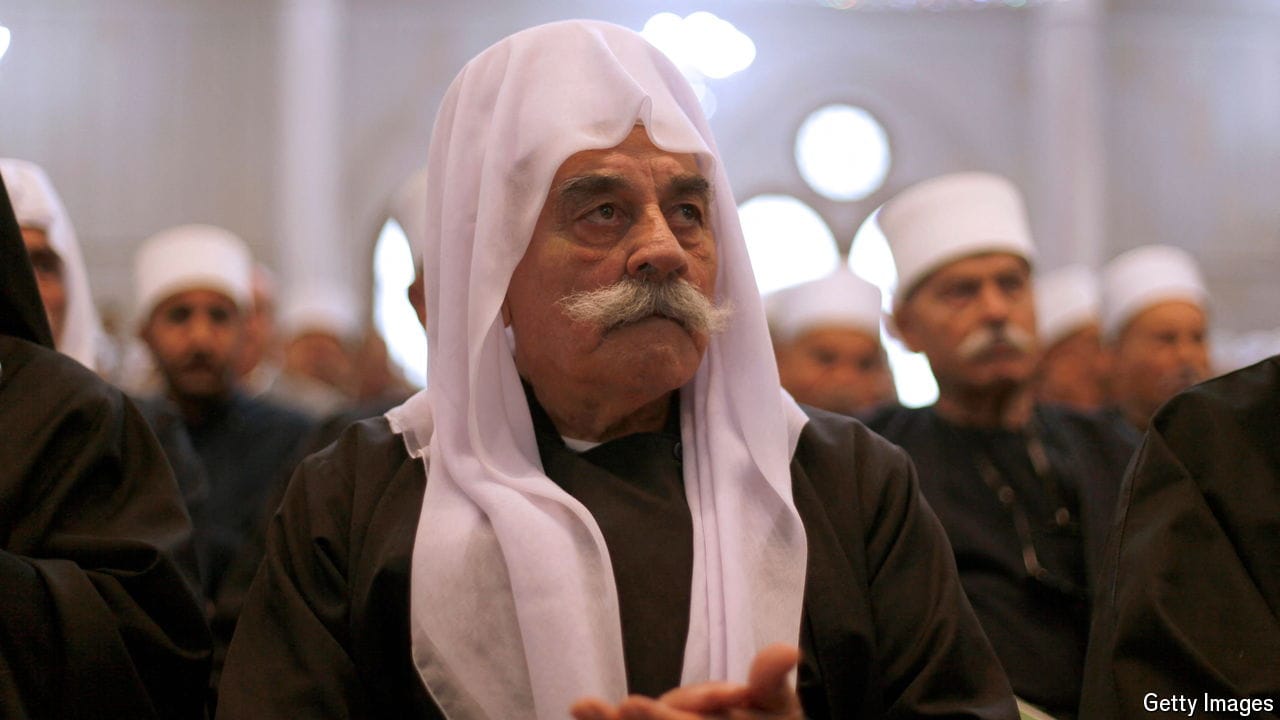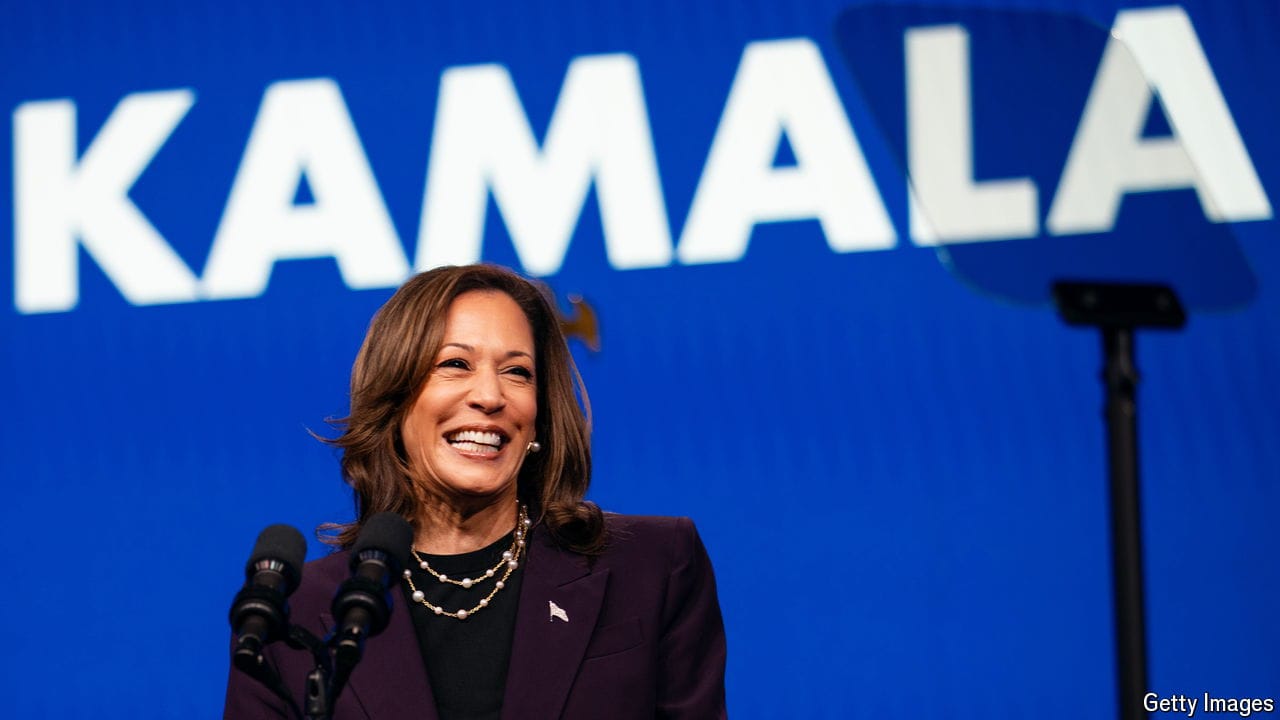Why is Washington, DC not a state?
Residents of America’s capital lack representation in Congress and full control over their local government. Calls for statehood are growing louder

ON A LIST of American states and territories ordered by area, Washington, DC is at the very bottom: nearly 10,000 Washingtons could fit into Alaska. Reorder that list by federal taxes paid per person, and Washington finishes first. But unlike residents of the 50 states, Washingtonians are unrepresented in Congress. They have no senators, and just one non-voting House delegate—Eleanor Holmes Norton, who has held the job for 30 years. Washingtonians could not vote in presidential elections until 1964. Not until 1974 were they permitted to elect their own municipal government, and the city still cannot pass laws or even an annual budget without Congressional review. Its residents are tiring of this arrangement. In a referendum in 2016, 85% of them said they wanted statehood. On March 22nd the House Committee on Oversight and Reform will hold a hearing on the idea. Why have Washingtonians been stateless for so long?
Washington did not replace Philadelphia as America’s capital until 1800, as a result of a bargain struck a decade earlier between Alexander Hamilton, then treasury secretary, and James Madison, a congressman from Virginia—reportedly over dinner at Thomas Jefferson’s home in New York. Hamilton wanted the federal government to assume debts acquired by states during the Revolutionary War. That would have created a system of public credit, and given Hamilton power to shape the young country’s economy. Madison, who like many southerners was wary of federal power, opposed the measure. But in exchange for Hamilton’s support for moving the capital out of the North, and reducing Virginia’s tax obligation, Madison rallied support for the treasury secretary’s measure, allowing it to become law. The capital was moved from Pennsylvania to a plot of land at the head of the Potomac River, adjacent to the port town of Georgetown (now one of DC’s most charming and expensive neighbourhoods).
More from The Economist explains

Who are the Druze, the victims of a deadly strike on Israel?
The religious minority has often been caught up in regional crossfire in the Middle East

Myanmar’s rapidly changing civil war, in maps and charts
Ethnic militias and pro-democracy groups are scoring victories against the governing junta

Who will be Kamala Harris’s running-mate?
She is reportedly vetting a dozen options. These are the top three
Why have so few American presidents been from the West?
Kamala Harris’s nomination would be a milestone for the region
Why the Olympics still has a doping problem
Cheating with drugs has again become an organised affair
Why some Russian athletes will be eligible to compete at the Paris Olympics
Despite antipathy between the Russian government and the International Olympic Committee a handful will compete